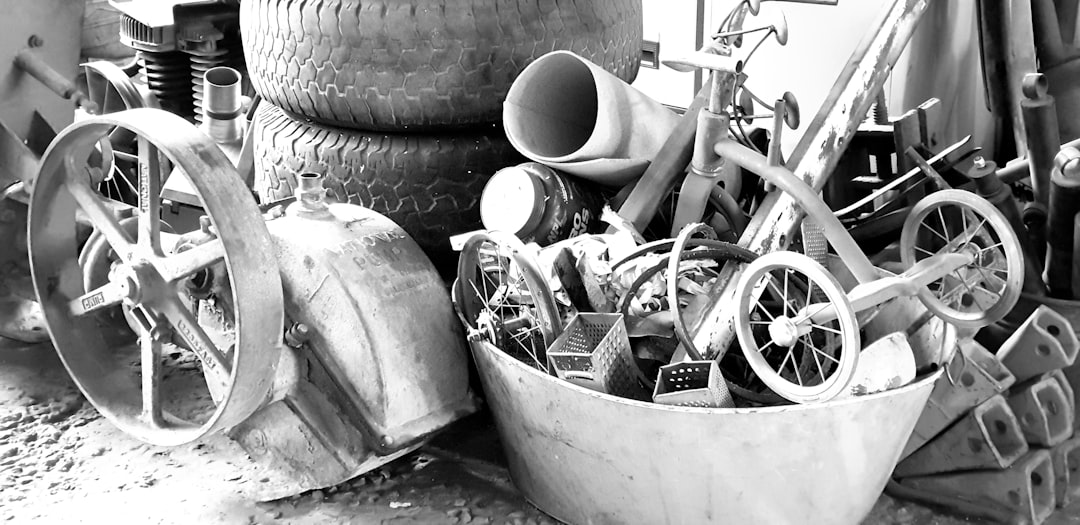Smart Ideas: Revisited

The Hill Country region of Texas is known for its rolling hills, scenic vistas, and rural charm. However, with its rural landscape comes the challenge of maintaining septic systems, which are often the only means of wastewater disposal for many homes and businesses. Proper septic system maintenance is crucial to prevent backups, overflows, and environmental contamination. In this article, we will explore the importance of regular septic system maintenance and provide tips on how to keep your system running smoothly.
0 Picture Gallery: Smart Ideas: Revisited
Septic System Basics
A septic system is a self-contained, on-site wastewater treatment system that consists of a septic tank, a drainfield, and a distribution box. The septic tank is where wastewater from your home or business is collected and treated. The tank is designed to separate solids from liquids, with the solids settling to the bottom and the liquids rising to the top. The liquids, also known as effluent, are then discharged into the drainfield, where they are further treated and filtered before being released into the soil.
The Importance of Regular Maintenance
Regular maintenance is essential to ensure that your septic system operates efficiently and effectively. A well-maintained septic system can help prevent backups, overflows, and environmental contamination. Regular maintenance also helps to extend the life of your septic system, which can be a significant investment for your home or business.
Signs of Septic System Failure
There are several signs that may indicate your septic system is failing. These signs include:
* Slow draining or backups in sinks, toilets, and showers
* Unusual odors or sounds coming from your septic system
* Water pooling around your septic system or drainfield
* Grass growing over your septic system or drainfield
* Unusual noises or vibrations coming from your septic system
If you notice any of these signs, it is essential to contact a professional septic service provider to inspect and maintain your system.
Tips for Proper Septic System Maintenance
Proper septic system maintenance is crucial to prevent backups, overflows, and environmental contamination. Here are some tips to help you maintain your septic system:
* Pump your septic tank regularly: The frequency of pumping will depend on the size of your septic tank and the number of people living in your home or business. Typically, septic tanks should be pumped every 3-5 years.
* Inspect your septic system regularly: Regular inspections can help identify potential problems before they become major issues. Look for signs of damage, corrosion, or wear and tear on your septic system.
* Avoid flushing non-biodegradable items: Avoid flushing items such as sanitary products, paper towels, and disposable diapers, as they can cause blockages and damage to your septic system.
* Use a septic system additive: Septic system additives can help break down waste and prevent clogs. However, always follow the manufacturer’s instructions and consult with a professional septic service provider before using any additives.
* Keep your drainfield clear: Keep your drainfield clear of debris, vegetation, and obstructions to ensure proper drainage and treatment of wastewater.
Common Septic System Problems
Despite regular maintenance, septic systems can still experience problems. Some common septic system problems include:
* Clogged drainlines: Clogged drainlines can cause backups and overflows. Regular cleaning and maintenance can help prevent clogs.
* Septic tank failure: Septic tank failure can occur due to corrosion, damage, or wear and tear. Regular inspections and maintenance can help identify potential problems before they become major issues.
* Drainfield failure: Drainfield failure can occur due to poor design, inadequate maintenance, or environmental factors. Regular inspections and maintenance can help identify potential problems before they become major issues.
Conclusion
Proper septic system maintenance is crucial to prevent backups, overflows, and environmental contamination. Regular pumping, inspections, and maintenance can help extend the life of your septic system and prevent costly repairs. By following the tips outlined in this article, you can help keep your septic system running smoothly and efficiently. Remember to always consult with a professional septic service provider if you notice any signs of septic system failure or if you have any questions or concerns about your septic system.
How I Achieved Maximum Success with
This post topic: Software